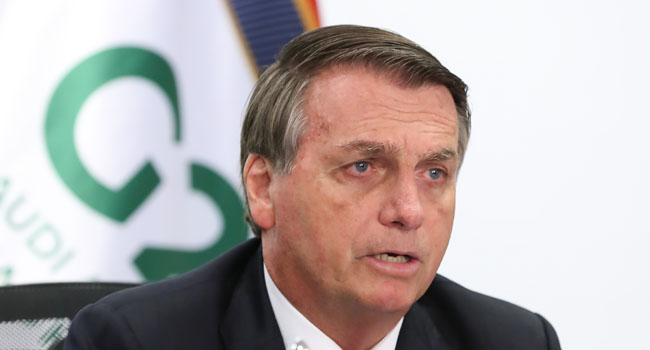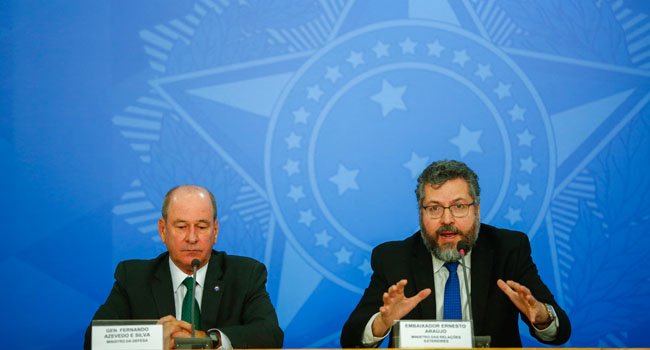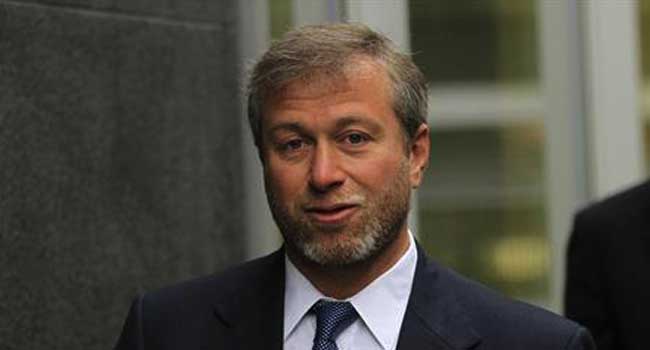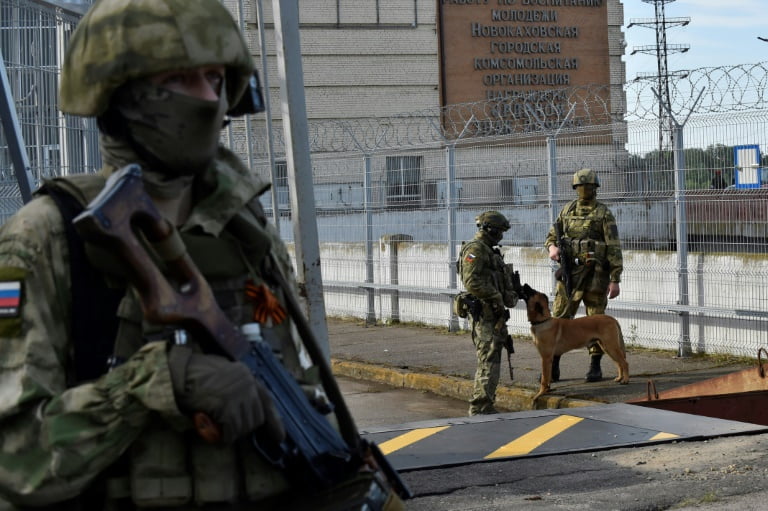Brazilian President Jair Bolsonaro shook up the top levels of his administration Monday
Defense Minister Fernando Azevedo e Silva announced his surprise departure in a brief statement, hours after a government source told AFP that Foreign Minister Ernesto Araujo had submitted his resignation amid controversy over the government’s problems securing more Covid-19 vaccines.
Azevedo e Silva, a 67-year-old army reserve general, and Araujo, a 53-year-old career diplomat, had both been in their posts since Bolsonaro took office in January 2019.
Azevedo e Silva’s exit, unlike Araujo’s, was unexpected, and speculation swirled over the reason.
What is clear is that Bolsonaro has been on a purge, amid growing dissatisfaction — including from key allies in the business sector — over his handling of a pandemic that has now claimed more than 312,000 lives in Brazil, the second-highest death toll worldwide, after the United States.
Last week, he installed his fourth health minister of the pandemic, and the heads of state-run oil company Petrobras, state electricity company Eletrobras, state-controlled bank Banco do Brasil and the national statistics institute, IBGE, have all fallen since the start of the year.

“The government is extremely fragile, as demonstrated by the instability at the top,” said professor Mauricio Santoro of Rio de Janeiro State University (UERJ).
“It’s safe to say there is a crisis in the administration, beyond one or two ministries.”
– Vaccine row –
The latest shake-up came the week after Bolsonaro replaced former health minister Eduardo Pazuello, an army general, with cardiologist Marcelo Queiroga.
The president, who has long defied expert advice on the pandemic, now appears to be finding his attacks on lockdowns, face masks and particularly vaccines could be a liability as he gears up to run for re-election in October 2022.
Brazil is struggling to deal with an exploding number of severe Covid-19 cases and deaths that have pushed its hospitals to the breaking point, at a time when vaccines are finally helping some other countries bring the pandemic under control.
Vaccine shortages have put the government far off pace to meet the health ministry’s target of immunizing the full adult population by the end of the year.
Araujo came in for criticism for the government’s struggles to secure more vaccines.
A key member of the government’s so-called “ideological wing,” he admired former US president Donald Trump, and shared his hardline supporters’ disgust with “globalism.”
He raised eyebrows with his attacks on “climate-change ideology,” “gender ideology” and, since last year, “Covid-ism.”
“Globalists,” he said last October, “are taking a disease caused by a virus, Covid, and trying to turn it into a huge prescriptive apparatus to reformat and control the entire planet’s social and economic relations.”
His vaccine diplomacy, or lack thereof, has come in for criticism.
The administration faces questions over its rejection of an offer last August to buy 70 million doses of the Pfizer-BioNTech vaccine — which Bolsonaro joked could “turn you into an alligator” — and its tense relations with Brazil’s top trade partner, China.
Chinese-developed CoronaVac is currently the most-administered Covid-19 vaccine in Brazil, but only because the government of Sao Paulo state defied resistance from the Bolsonaro administration to acquire it.
Araujo, who took up the foreign minister post vowing to “resist Maoist China” and its plan “to dominate the world,” had repeatedly provoked squabbles with Beijing.
AFP



